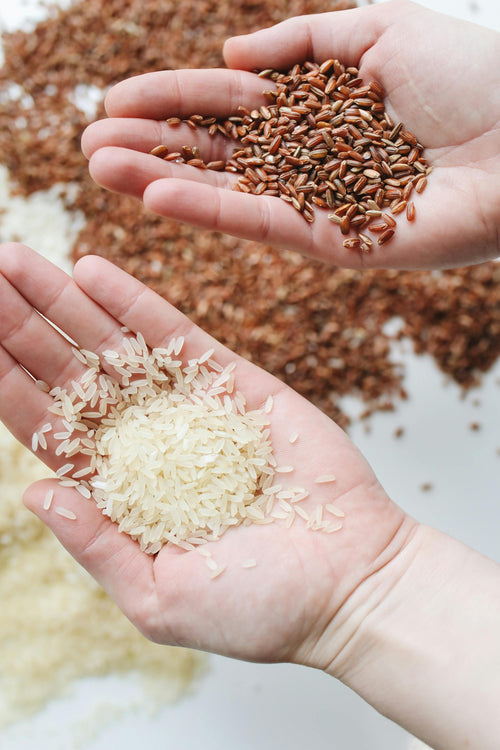Prebiotics are non-digestible dietary fibers found in certain foods, such as fruits, vegetables, legumes, whole grains and oilseeds (walnuts, almonds, hazelnuts, etc.). Prebiotics are not digested in the stomach to provide energy for our body but reach the intestines intact where they serve as food for the bacteria there.
Prebiotics have several health benefits:
1. Promote the growth of beneficial bacteria
Prebiotics are the favorite foods of beneficial bacteria in the gut, such as bifidobacteria and lactobacilli. By providing prebiotics, you feed these beneficial bacteria and encourage their growth.
2. Improve digestive health
They thus promote healthy digestion and regular transit. In particular, they can reduce symptoms related to irritable bowel syndrome.
3. Reduce inflammation
Prebiotics can reduce inflammation in the body by promoting good bacteria and reducing the growth of harmful bacteria.
4. Regulate blood sugar
They can regulate blood sugar levels by reducing the absorption of glucose in the intestine, notably by creating a network around the food or bolus. This will allow the sugar from food to gradually diffuse into the blood.
5. Reduce the risk of chronic diseases
Prebiotics may reduce the risk of chronic diseases such as obesity, type 2 diabetes, cardiovascular disease and certain types of cancer.
As you will have understood, the good bacteria that make up our intestinal microbiota are essential to keep us in good health. But we often forget that feeding these good bacteria, with prebiotics, is just as important for digestive health, the immune system, mental health and general health . This is why the recommendation today is 30 to 40 g of fiber per day.
In France, the average is 17.5 g/day* for adults. However, only 13% of adults reach the recommended minimum threshold of 25 g/day. Dietary fibers, which are prebiotics, are particularly present in foods such as raw fruits and vegetables, oilseeds, whole grains, legumes that are often consumed in too small quantities. To find out how to optimize your symbiotic treatment with food, go here !




















